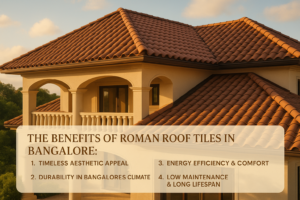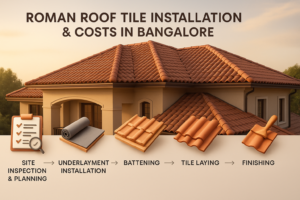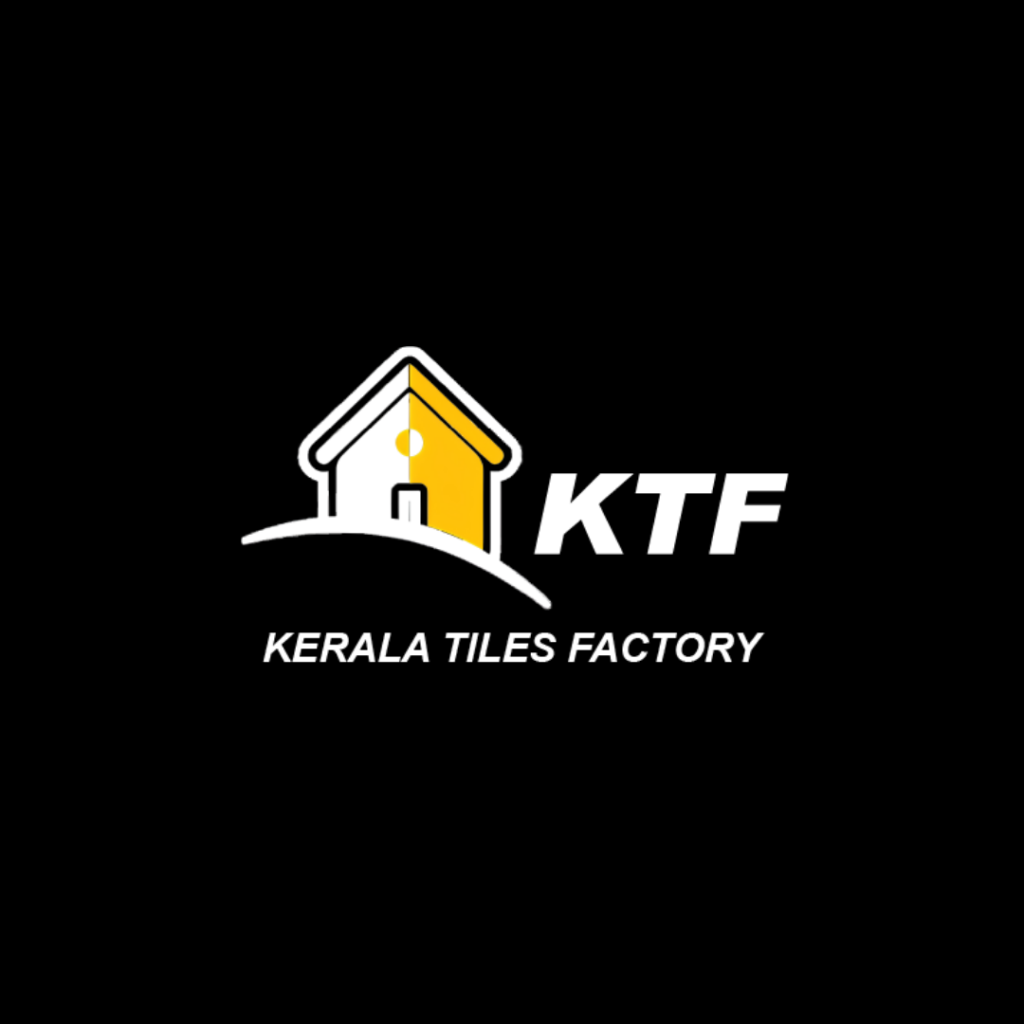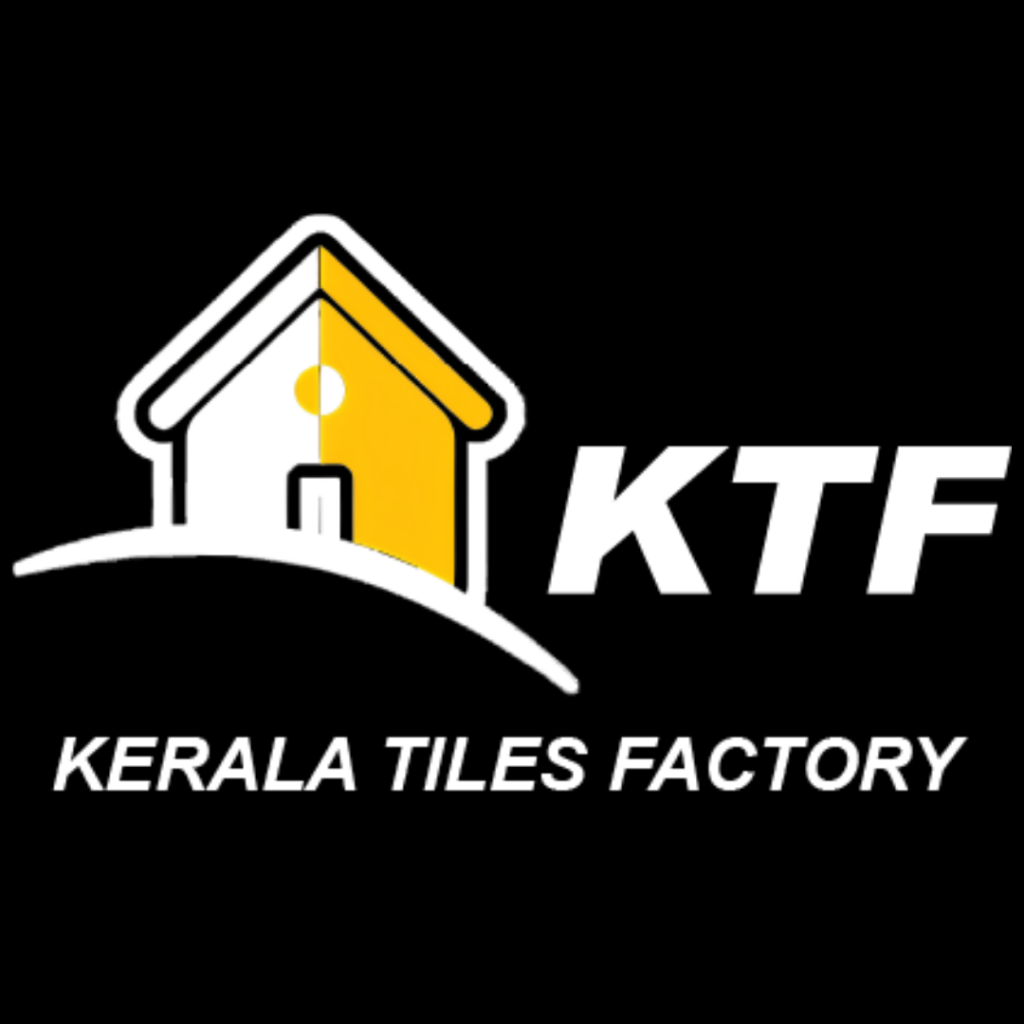Have you ever noticed how the scorching Bangalore sun turns your home into an oven during the summer, or how the heavy monsoon rains seem to test the limits of your roof? You’re not alone. As Bangalore’s real estate market continues to boom, with premium roofing seeing a significant surge in demand, homeowners and builders are constantly searching for solutions that offer both style and substance. While many options exist, one stands out for its blend of timeless elegance and robust performance: Benefits of Roman roof tiles in Bangalore.
This guide is designed for homeowners, architects, and developers who want to discover a roofing solution that is not only beautiful but also built to last. We’ll explore the key reasons why Roman roof tiles are becoming the go-to choice, covering everything from their unique aesthetic appeal to their impressive durability and energy-saving benefits.
By the end, you’ll understand why upgrading to a Roman tile roof is one of the smartest investments you can make for your property.
What Are Roman Roof Tiles?
Inspired by the Mediterranean and old-world European architecture, Roman roof tiles feature a distinct profile: a flat pan under a semi-cylindrical cover. This design creates a unique, wave-like pattern, giving any roof a classic and sophisticated look.
Originally made from terracotta clay in ancient Rome, these tiles now use modern manufacturing to ensure superior quality and durability. Their interlocking design with raised curves is specifically engineered to efficiently channel rainwater away, making them an ideal choice for regions with heavy rainfall.
Read Related Blog On: Guide to Roman Roof Tiles in Bangalore
The Benefits of Roman Roof Tiles in Bangalore:

When it comes to roofing for a city like Bangalore, which experiences a mix of hot summers and intense monsoons, the benefits of Roman roof tiles in Bangalore are impossible to ignore. They offer a perfect balance of aesthetic appeal, climate resilience, and long-term value.
1. Timeless Aesthetic Appeal:
Roman roof tiles instantly elevate a property’s curb appeal. Their distinct, interlocking design creates a roofline that is both sophisticated and visually striking.
- Versatility: They are suitable for a wide range of architectural styles, from classic luxury villas and serene resorts to modern homes seeking a touch of elegance.
- Color and Texture: Available in a variety of natural colors, these tiles add a warm, earthy tone that complements the greenery and urban landscape of Bangalore.
- Curb Appeal: A Roman tile roof gives a home a premium, finished look that can significantly increase its market value.
2. Durability in Bangalore’s Climate:
Bangalore’s climate can be harsh on roofing materials, but Roman tiles are built to withstand the challenge. When people ask, “Are Roman roof tiles good for heavy rain?” the answer is a resounding yes.
- Rain Resistance: The interlocking design, with its deep channels, effectively directs water off the roof, preventing leaks and protecting the structure underneath.
- Wind Resistance: When properly installed, these tiles can resist high winds, ensuring they stay securely in place during storms.
- Sun Protection: The density and composition of the clay tiles protect them from UV degradation, preventing cracking and fading over time.
3. Energy Efficiency & Comfort:
One of the most significant advantages of Roman tiles is their natural thermal insulation. This is a crucial feature for coping with Bangalore’s hot summers.
- Natural Insulation: Terracotta clay is an excellent insulator. It naturally absorbs and slowly releases heat, which helps keep the indoors cooler during the day.
- Reduced AC Costs: This superior insulation means less reliance on air conditioning, leading to noticeable savings on your electricity bills. According to a recent study, homeowners with tile roofs can see a significant reduction in their cooling costs.
- Improved Airflow: The gap between the tiles and the roof deck allows for better airflow, which further helps in dissipating heat.
4. Low Maintenance & Long Lifespan:
When considering the advantages of Roman roof tiles for a house, their long-term cost-effectiveness is a major factor.
- Minimal Upkeep: These tiles require minimal maintenance. Unlike painted surfaces that need repainting, their color is baked in, so it won’t fade or peel.
- Exceptional Lifespan: A well-maintained Roman tile roof can last for 50 years or more, making it a far more sustainable and economical choice in the long run compared to cheaper, short-lived alternatives.
- Easy Repairs: If a tile gets damaged, it can be easily replaced individually without disturbing the rest of the roof, simplifying repairs.
Roman Roof Tiles vs. Other Roofing Options in Bangalore
Choosing the best roofing solution for Bangalore weather requires a careful comparison of the available options. Let’s see how Roman roof tiles stack up against other popular materials.
| Feature | Roman Tiles | Concrete Tiles | Metal Sheets | Asphalt Shingles |
| Aesthetics | Timeless, classic, and sophisticated | Uniform, modern, and sometimes blocky | Industrial, can look commercial | Standard, can look dated |
| Durability | Excellent; resistant to rain, wind, and sun | Good; can be prone to fading over time | Prone to dents, rust, and heat absorption | Poor; breaks down in sun and heavy rain |
| Energy Efficiency | Excellent natural insulator | Good, but not as effective as clay | Poor; absorbs and radiates a lot of heat | Poor; absorbs heat |
| Maintenance | Very low; long-lasting and easy to repair | Low to medium; can be porous over time | Low; can be noisy during rain | High; requires frequent replacement |
| Lifespan | 50+ years | 30-50 years | 20-40 years | 15-20 years |
Roman Roof Tile Installation & Costs in Bangalore:

The installation of Roman roof tiles is a precise process that ensures their long-term performance.
1. Site Inspection & Planning:
A professional team, such as Sri Kanakadri, will assess the roof structure and take precise measurements.
2. Underlayment Installation:
A waterproof membrane is laid over the roof deck to provide a secondary layer of protection against moisture.
3. Battening:
Wooden or metal battens are installed at specific intervals to support the tiles and create the required airflow.
4. Tile Laying:
The tiles are carefully laid in an overlapping pattern, starting from the eave and moving towards the ridge. Each tile is securely fastened to the battens.
5. Finishing:
Ridge tiles, hip tiles, and other finishing touches are installed to complete the system and provide a polished look.
When it comes to Roman roof tile installation cost in Bangalore, prices can vary based on the tile type, the complexity of the roof, and the labor involved. On average, you can expect the cost to be in the range of ₹150 to ₹250 per square foot, but it’s best to get a customized quote from a trusted supplier like Sri Kanakadri to get an accurate estimate.
Read Related Blog On: Roman Roof Tiles Cost Breakdown
& Step-by-Step Guide to Roman Roof Tile Installation in Bangalore
Why Sri Kanakadri is Bangalore’s Trusted Roman Roof Tile Supplier?
Choosing the right supplier is as important as choosing the right tiles. Sri Kanakadri, a name synonymous with quality and reliability, has been a leading provider in Bangalore for over two decades.
- ISO-Certified Materials: They are committed to providing only the highest quality, ISO-certified tiles, ensuring every tile meets stringent quality standards.
- Expertise and Experience: With over 20 years of experience, their team offers unparalleled expertise in both selecting the right tiles and ensuring a flawless installation.
- Showroom Experience: Their showroom, conveniently located on Richmond Road, allows you to see the tiles in person, feel the quality, and get expert advice from their team.
Where to Buy Roman Roof Tiles in Bangalore
Finding the right place to purchase these tiles is simple. For anyone looking for Roman tiles dealers in Bangalore, Sri Kanakadri is the premier destination. They have a strong partnership with Kerala Tiles, a renowned manufacturer, ensuring you get the best quality tiles at competitive prices.
- Visit the Showroom: Get directions to the Kerala Tiles’s Richmond Road office to view their extensive collection.
- Contact for a Quote: You can also call them directly to get a free consultation and estimate.
FAQs:
1. What are the benefits of Roman roof tiles in Bangalore?
Roman roof tiles offer superior durability, excellent thermal insulation to keep homes cool, and a classic, timeless aesthetic that boosts a property’s curb appeal. They are also low-maintenance and have a long lifespan.
2. Are Roman roof tiles good for heavy rain?
Yes, Roman roof tiles are exceptionally good for heavy rain. Their unique interlocking design with a wide channel effectively directs rainwater away from the roof, preventing leaks and protecting the structure underneath.
3. How much does it cost to install Roman roof tiles in Bangalore?
The installation cost for Roman roof tiles in Bangalore typically ranges from ₹150 to ₹250 per square foot, but this can vary. It’s best to get a specific quote based on your project’s details.
4. Where can I buy Roman roof tiles in Bangalore?
You can buy high-quality Roman roof tiles from Sri Kanakadri’s showroom on Richmond Road in Bangalore, which also partners with Kerala Tiles to provide a wide selection.
Conclusion – Upgrade Your Roof, Upgrade Your Home
Choosing the right roof for your property is a decision that impacts not only its appearance but also its energy efficiency, safety, and long-term value. The benefits of Roman roof tiles in Bangalore make them a compelling choice for anyone seeking a blend of classic elegance and modern performance. From their ability to withstand the city’s unique climate to their low-maintenance, long-lasting nature, they are an investment that pays dividends for decades.
It’s time to stop worrying about your roof and start enjoying your home.
Ready to make the switch? Call Kerala Tiles at +91 7411891510 for a free cost estimate
Visit our Google My Business listing to get directions to our Richmond Road office and see the tiles for yourself.
What’s the single most important factor for you when choosing a roofing material? Share your thoughts in the comments below!

About Kerala Tiles Factory Author – Kerala Tiles Factory is one of the most trusted Tiles Manufacturers in Bangalore, known for producing high-quality clay tiles that combine durability, aesthetic appeal, and traditional craftsmanship. With decades of expertise, we offer a wide range of roofing tiles, flooring tiles, wall tiles, exterior tiles, and custom tile solutions designed for both residential and commercial projects. Our tiles are crafted using eco-friendly processes, ensuring long-lasting performance, weather resistance, and superior strength, making us a preferred choice among architects, builders, and homeowners in Bangalore.
Our commitment to innovation and customer satisfaction has helped us become a leading tile supplier and clay tile manufacturer in the region. We focus on delivering premium-quality products at competitive prices, backed by reliable service and timely delivery. At Kerala Tiles Factory, we strive to exceed expectations by providing sustainable, modern, and high-performance tile solutions that elevate the beauty and value of every space.



